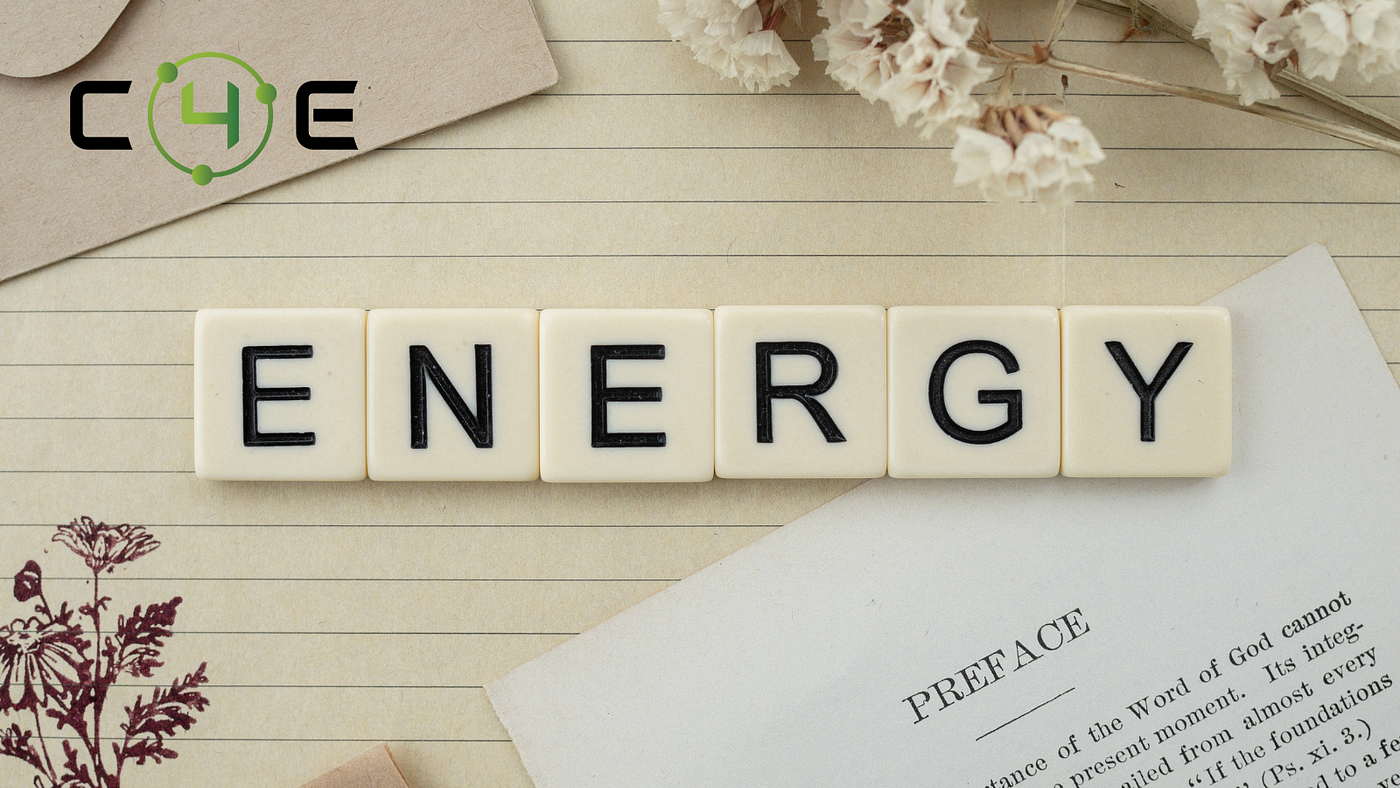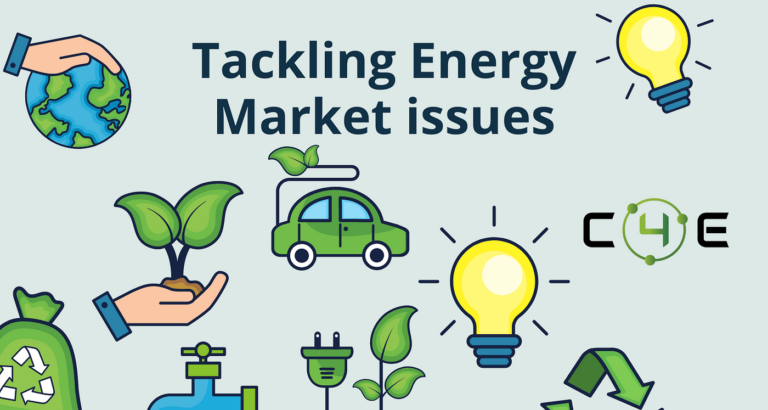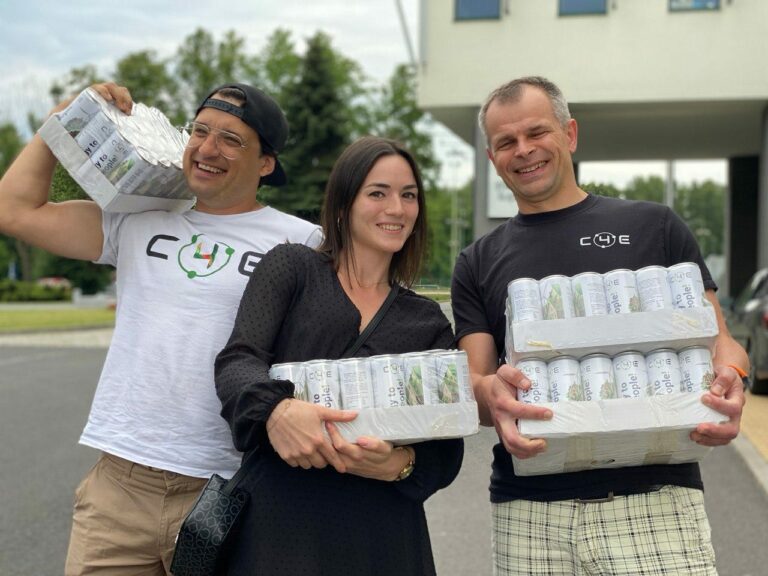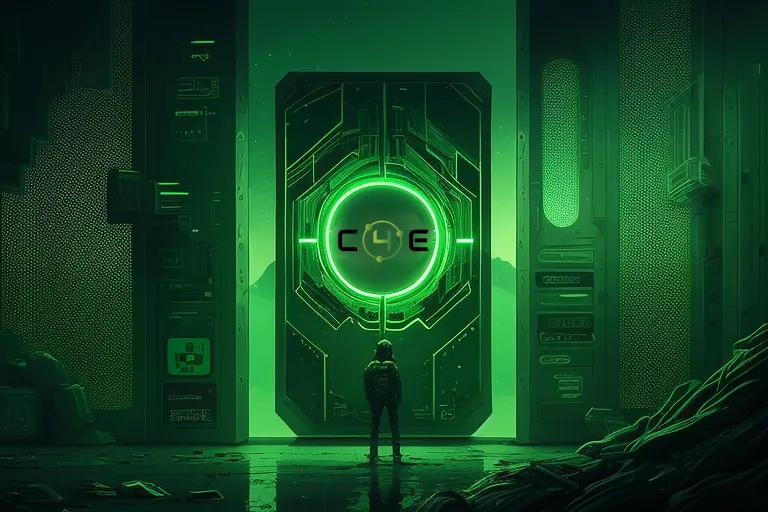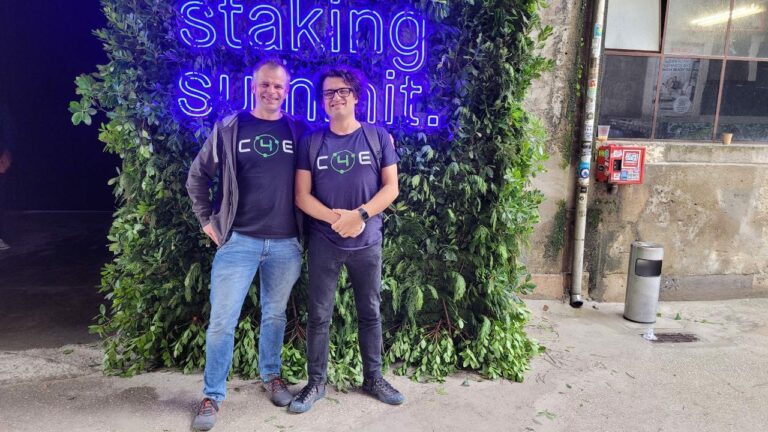The introduction to Energy Communities and their legal basis
One of the core initiatives which Chain4Energy would like to help to develop in times of paradigm shift and energy crisis are Energy Communities. They will enable a safe, cheaper and decentralized system for energy. In other words, energy communities organize collective and citizen-driven energy actions that help pave the way for a clean energy transition and lowering electricity bills.
The legal basis
The years 2019–2022 were a period of considerable instability in the European energy sector, initially caused by the COVID-19 pandemic, later on — by the spectacular increase in energy carrier prices due to the armed conflict in the East, all of particular significance to countries whose energy mix and economy are largely fossil fuel-based. Aforesaid circumstances have forced market participants to develop energy independence and seek alternatives to energy purchases from system suppliers.
EU leading the way
Energy sectors are now evolving on a course set by the European Union, aspiring to an increase in the share of renewable energy and generally balanced manufacturing processes, striving to reduce dependence on gas and coal imports. The overall direction for energy market transformation as outlined by the EU has been reflected in financial incentives as well as regulations conducive to energy communities, as it were — it remains one of the keys and fundamental community policy components as specified in the Clean Energy Package. Based on navigational definitions of so-called Energy Communities, efforts to develop self-sufficiency have been made on regional and local levels alike. One such entity — the Renewable Energy Community — has been introduced pursuant to the so-called Renewable Energy Directive II, and another — the Citizens Energy Community — under the Market Directive. The purpose of these concepts involves support for the development of a dispersed (or: distributed) local-level energy sector, i.a. through the establishment of energy co-operatives.
Stay tuned — soon we are coming up with a follow-up article about the issues that energy communities face and how we solve them.
